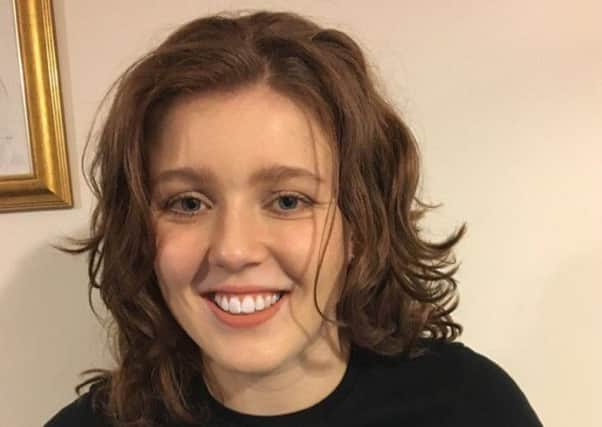TALKING POINT: Laws do not do enough to protect the deaf


People are not understanding, it doesn’t matter whether you are at work, university or walking down the street.
Where most people feel a sense of relief at the weekend and the opportunity to go to the cinema, a gig or theatre.
I and many like me are met with yet more difficulties.
Advertisement
Hide AdAdvertisement
Hide AdThe laws are meant to protect our rights, but I have seen that the attitude towards reasonable adjustment legislation are closer to the archaic adage of “No Blacks, Irish or dogs”.
The law is blatantly ignored, if you dare complain it’s your fault. Do you want to see that movie everyone’s talking about?
Well you can’t unless you can go on Monday afternoon, oh you work then? Well that’s not our problem.
When I worked in theatres the loop did not work, when I’d received a customer complaint.
Advertisement
Hide AdAdvertisement
Hide AdI passed it to my manager I was told the loop was working because the light on the machines was ‘on’. It was later proved to be faulty.
During a visit to the Birmingham NEC I was sent to the first aid area at for a hearing loop, the staff member had ironically not heard of one and dismissed me.
After a 30-minute exploration of the venue I was told to go to the basement. I on the other hand was thrown a loop that on arrival to my seat did not even work.
If you are thinking this must rarely happen I can assure you this is the national norm.
Advertisement
Hide AdAdvertisement
Hide AdAs I am now a final year student at Sheffield Hallam University I have the opportunity to write a dissertation based upon my own research.
Therefore, I have chosen to analyse whether the adjustments in place for deaf and hard of hearing people are adequate in events and entertainment venues.
The situations I had experienced were neither legal or acceptable and I believed that if other people have had similar experiences then this shows that the legislation must change.
I have received responses from all over the UK stating they have had experiences so akin to my own that it was difficult to comprehend the level of our unity in being excluded.
Advertisement
Hide AdAdvertisement
Hide AdIt is hard to imagine people complaining about the ramped access into a building in front of wheelchair users.
However, when complaints against deaf access are made they are not only common but pandered to.
I have received anecdotes of rude staff that are unwilling to help or rectify issues, as well as our access being stolen from us due to other customers swearing and complaining.
While the challenges faced make me and many other feels unhappy and worthless, there are some people who work hard to become part of our largely silenced world.
Advertisement
Hide AdAdvertisement
Hide AdI was overjoyed to hear of a young man called Connor sharing a video online of him signing the anthemic “This is me” from The Greatest Showman. This film and its uplifting themes of inclusion and celebrating those with differences is being denied deaf people in many cinemas due to lack of subtitled showings.
This song contains lyrics about being brave, bruised and becoming a warrior in order to gain acceptance from others and yourself.
The only thing to do is start fighting for better. The majority of people I surveyed wanted the law to change and be more explicit.
My intention is to take my findings to a local MP with the view to instigate change within the laws, hopefully this can lead to change to achieve a greater level of inclusivity.
- Emily Webster is a 24-year-old student from Tupton. You can follow her on Twitter via @emily.c.webster.